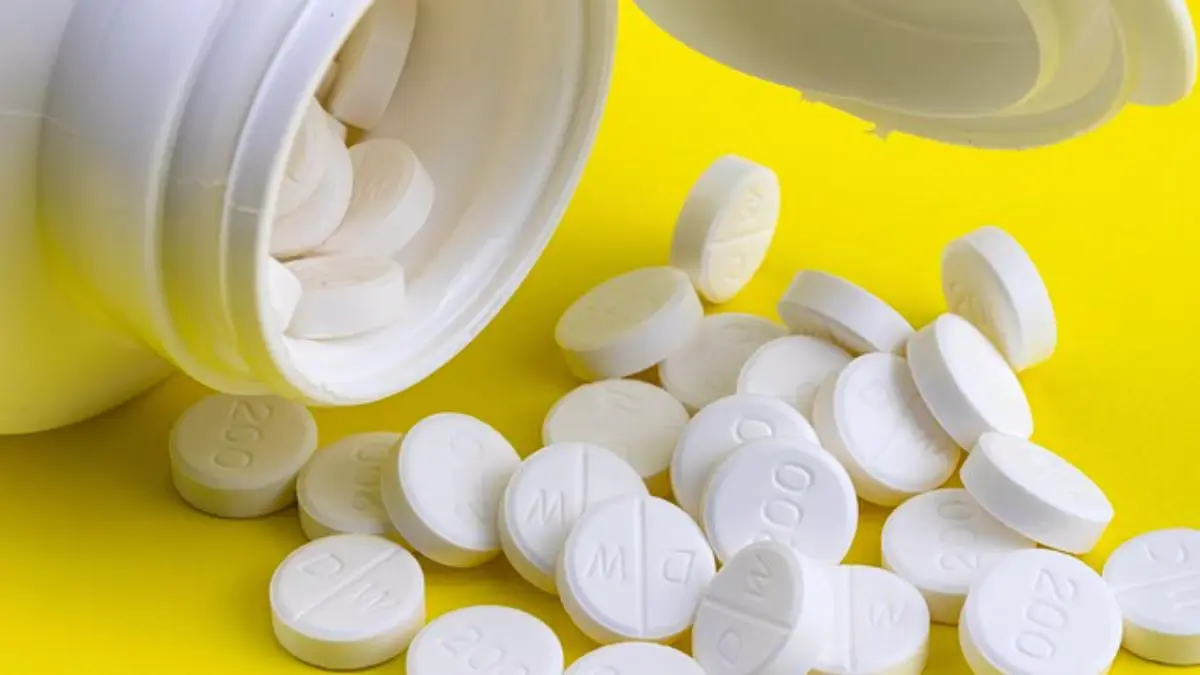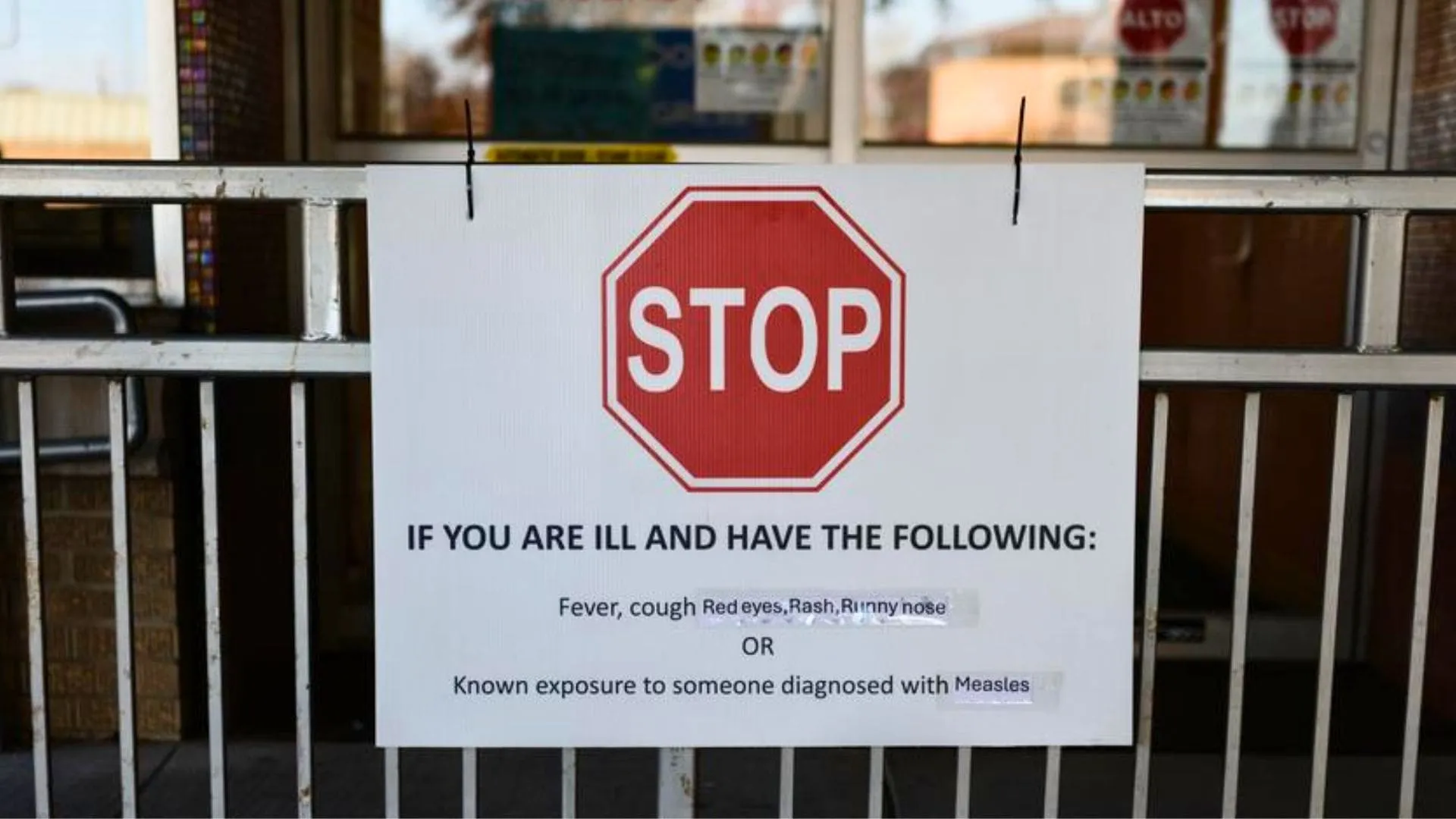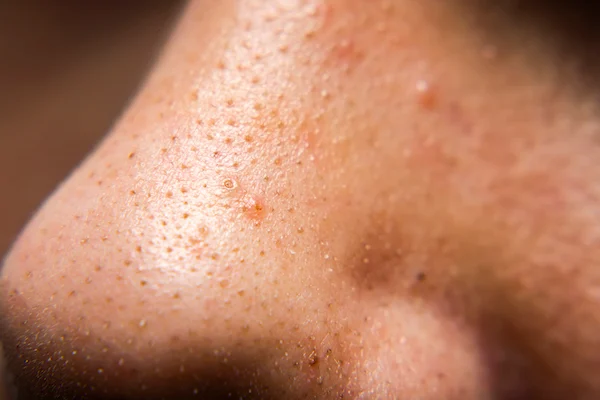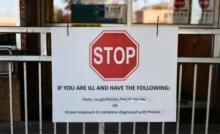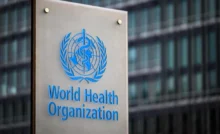Nigeria’s struggle with fake and substandard medicines has become a growing public health crisis, exacerbated by widespread economic hardship. This issue is not new; it has been a long-running battle that intensified in recent years due to the country’s economic challenges. With the increase in demand for affordable healthcare options, many Nigerians have turned to counterfeit medicines as a desperate measure to address their health needs. However, these fake medicines pose significant risks to public health, from ineffective treatment to the spread of antibiotic-resistant diseases. In this context, efforts to combat this growing menace have faced more obstacles, resulting in a situation where the country’s population is exposed to dangerous and ineffective drugs.
The Scale of the Problem
The scale of the counterfeit medicine issue in Nigeria became more apparent in March when the National Agency for Food and Drug Administration and Control (NAFDAC) announced the destruction of counterfeit medicines worth $645 million. These drugs had been seized over six weeks in raids conducted in Lagos and two other southern states. This amount of counterfeit medication was just a small fraction of the drugs circulating in the country. Mojisola Adeyeye, the head of NAFDAC, described the situation as catastrophic, stating that counterfeit drugs could destabilize the government and ruin the nation’s healthcare system.
The discovery of such large quantities of counterfeit drugs points to the magnitude of the problem. In many areas of Nigeria, medicines of unknown quality and provenance are sold openly in street markets and in unlicensed pharmacies. The sale of counterfeit medicines is largely driven by porous borders, weak regulations, and a lack of proper oversight. The prevalence of these counterfeit drugs has led to alarming consequences for public health, as they are often ineffective, harmful, and contribute to the growing issue of antibiotic resistance.
Economic Hardship and Rising Demand for Counterfeit Medicines
Nigeria’s economic hardship has played a crucial role in the growing demand for counterfeit medicines. The country is currently grappling with one of the worst economic crises in decades, exacerbated by inflation, high unemployment, and rising poverty levels. The reforms introduced by President Bola Tinubu since he took office in May 2023 have made the situation even more difficult for Nigerians. These reforms, which included ending fuel subsidies and loosening the exchange rate of the naira, were aimed at attracting investors and reviving the economy. However, they have also led to a significant increase in the cost of living, with inflation at a three-decade high and the value of the naira plummeting.
As many Nigerians struggle to meet their basic needs, including healthcare, the cost of medicines has become prohibitive for a large segment of the population. Pharmaceutical companies that once supplied high-quality medicines to the country have exited due to the tough business environment. This has left a void in the market, leading people to seek cheaper alternatives, including counterfeit medicines, which are often sold at lower prices.
Public health expert Tanimola Akande explained that many Nigerians now find it difficult to afford medicines for their ailments. As the cost of treatment increases, people resort to counterfeit drugs, which they believe are affordable alternatives, despite the risks they pose to their health. The shortage of affordable, legitimate medicines has created a perfect storm for the proliferation of fake drugs, with counterfeiters capitalizing on the lack of access to genuine medications.
The Public Health Challenge
The prevalence of counterfeit medicines in Nigeria remains high, though there is no precise figure available to quantify it. Twenty-five years ago, it was estimated that around 70% of medicines sold in Nigeria were counterfeit. Today, that percentage is believed to have decreased but is still high enough to be a serious public health challenge. The recent NAFDAC raids, which seized 180 truckloads of counterfeit and unregistered medicines, underscore the continued scale of the problem.
While the situation has improved somewhat over the years, the number of counterfeit medicines in circulation is still alarming. These fake drugs not only fail to treat illnesses but can also lead to severe health complications, including death. Some counterfeit medicines contain toxic substances that are harmful to the body. Others contribute to the growing issue of antibiotic resistance, which the World Health Organization (WHO) has flagged as a global health emergency.
The impact of fake medicines extends beyond individual health risks. The spread of counterfeit drugs also undermines efforts to control infectious diseases, as people who take ineffective treatments may unknowingly continue to spread diseases. This is particularly problematic in countries like Nigeria, where communicable diseases such as malaria, tuberculosis, and HIV are prevalent. The availability of counterfeit medicines in the market complicates efforts to fight these diseases and improves the chances of resistance to standard treatments.
Challenges in Combating the Counterfeit Drug Trade
Efforts to tackle the trade in counterfeit medicines in Nigeria have faced many challenges. One major obstacle is the porous borders of the country, which allow counterfeit drugs to be smuggled in from other countries, particularly India and China. India, a major supplier of generic medicines worldwide, has also been a source of counterfeit drugs that enter Nigeria’s market. These medicines often come from unlicensed factories that produce low-quality versions of legitimate drugs.
NAFDAC officials have pointed out that some importers of counterfeit medicines actively resist government crackdowns, sometimes using violence to protect their interests. In 2024, two NAFDAC officers narrowly escaped lynching during a raid in Onitsha state. This resistance from counterfeiters makes it difficult for authorities to carry out their work and curb the flow of fake medicines.
The challenge of combating counterfeit drugs is also compounded by the economic hardship in the country. With many Nigerians unable to afford legitimate medicines, counterfeiters have a large potential customer base. The difficulty of enforcing regulations in informal markets, where most counterfeit medicines are sold, further complicates the situation. Many unlicensed pharmacies and street vendors operate without oversight, making it easier for counterfeit medicines to slip through the cracks.
The Exit of Major Pharmaceutical Companies
Another factor exacerbating the situation is the exit of major pharmaceutical companies from Nigeria due to the difficult business environment. US-based Pfizer, British multinational GlaxoSmithKline, and French company Sanofi all shut down operations in Nigeria in 2023. Their departure has worsened the supply of quality medicines in the country, contributing to the rise in counterfeit drug sales. The absence of these large pharmaceutical companies has created a gap in the market that counterfeiters are quick to fill.
As a result of these closures, prices for many drugs have surged, with some increasing by as much as 1,100%. This price hike has further strained the ability of Nigerians to access essential medicines, leading to an increased reliance on counterfeit drugs. Despite efforts by the government to boost local pharmaceutical production, the impact has been minimal, and the country still faces a significant shortage of affordable, high-quality medicines.
Efforts to Combat the Problem
The Nigerian government, through NAFDAC and other agencies, has been working to combat the counterfeit drug trade, but the scale of the problem is daunting. The recent raids in Lagos and other southern states highlight the ongoing efforts to crack down on fake drugs, but the sheer volume of counterfeit medicines in circulation makes it clear that much more needs to be done. NAFDAC’s ongoing efforts, such as the destruction of counterfeit drugs and the regulation of pharmaceutical imports, are critical to addressing the issue, but these measures can only go so far without tackling the root causes of the problem.
One such root cause is the economic hardship that forces many Nigerians to turn to counterfeit medicines. Addressing this issue will require long-term economic reforms that focus on improving access to healthcare, increasing the availability of affordable medicines, and creating a more conducive environment for legitimate pharmaceutical companies to operate. Until these broader issues are addressed, the war against fake medicines will remain an uphill battle.
Nigeria’s fight against counterfeit medicines is a complex and multifaceted issue that is deeply intertwined with the country’s economic and healthcare challenges. While efforts to curb the trade in fake drugs continue, the widespread demand for cheap alternatives to legitimate medicines, combined with the challenges posed by the economic crisis, has made it even harder to tackle this problem effectively. To truly combat the counterfeit drug trade, Nigeria will need to address both the immediate health risks posed by fake medicines and the broader economic and structural issues that drive their proliferation. Only by addressing these interconnected challenges can Nigeria hope to win the war against fake medicines and protect the health of its population.


